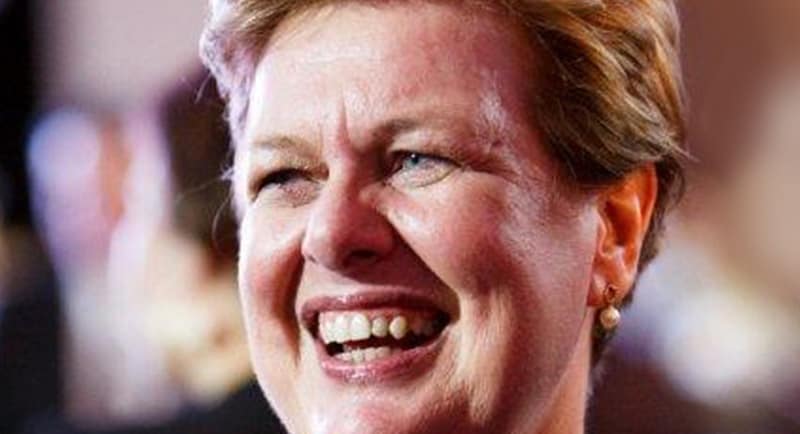Martin Brown, chairman of the Australian Association of National Advertisers (AANA), today confirmed the appointment of Julie Flynn as interim CEO.
“We are thrilled to have someone of Julie’s calibre step in to lead the AANA secretariat at such an important time for the industry. Julie is a highly respected leader in our field and brings deep experience across the commercial, regulatory and public policy aspects of the media and advertising landscape, most notably through her roles leading Free TV and Freeview Australia.
“The AANA has had a strong start to 2021 with the latest evolution of our marketing capability programs and launch of the new Food and Beverage Code. Julie is ideally placed to help us advance our plans for the second half of the year as we search for a permanent CEO.”
Flynn said: “I look forward to working with the AANA secretariat, Board and members to drive our 2021 agenda, particularly delivering an inspiring RESET conference and the continued rollout of the AANA’s high quality professional capability programmes.”
In parallel with Flynn’s appointment, the AANA has also commenced an extensive search for a permanent CEO.
Earlier this year, AANA announced that Facebook had formally joined the system that funds the operation of the advertising self-regulatory system that includes the operations of Ad Standards.
Former AANA CEO, John Broome, said at the time that Facebook’s decision was an important milestone in the evolution of the self-regulatory system.
“When the AANA set-up the self-regulatory system over twenty years ago, virtually all advertising was in traditional media and made via media buying agencies. Advertisers supporting the self-regulatory system voluntarily pay a small levy on their media spend that is collected on their behalf by members of the Media Federation of Australia.
“However, in recent years there has been a growing trend for advertisers to pay major publishers and digital platforms directly, with the unintended consequence of effectively bypassing the current collection mechanism. At the same time, the increasing migration to digital has led to much more advertising content and hence a greater workload for Ad Standards. So, Facebook’s move to directly fund the self-regulatory system will help underpin its future financial sustainability,” Broome said.
